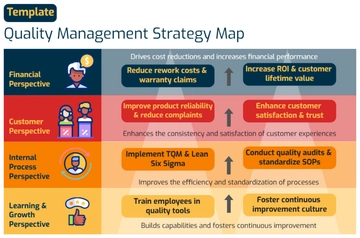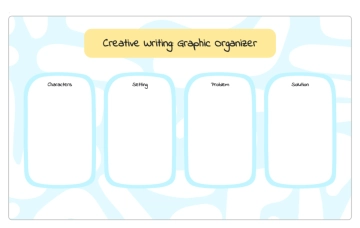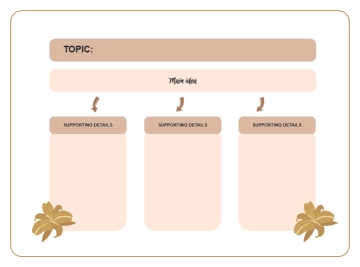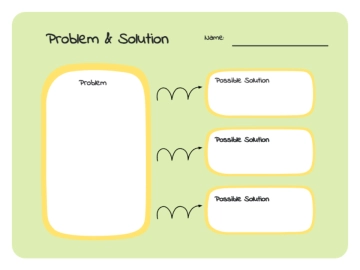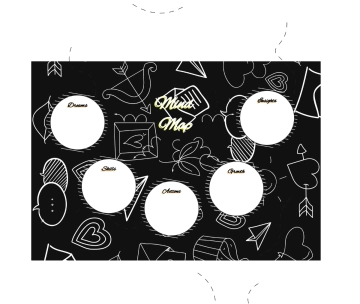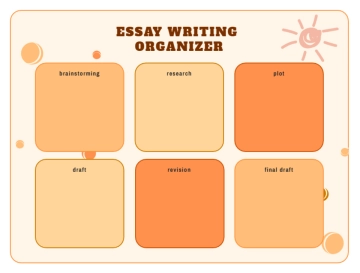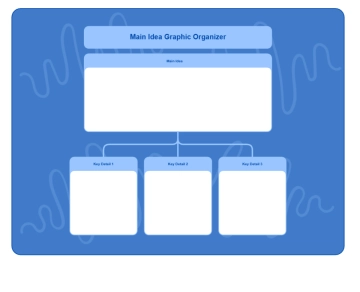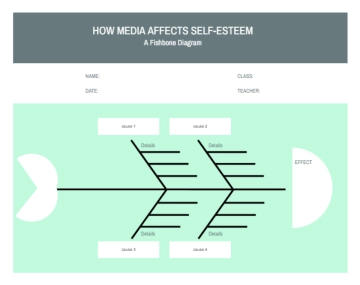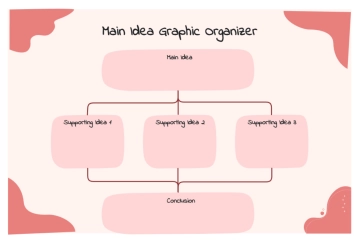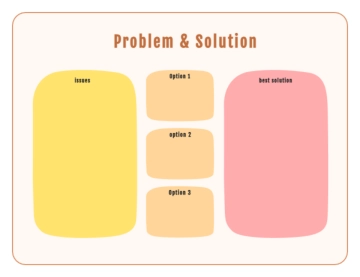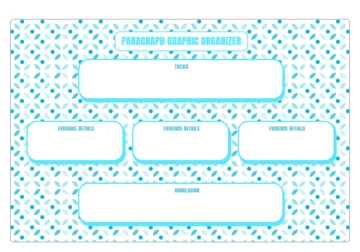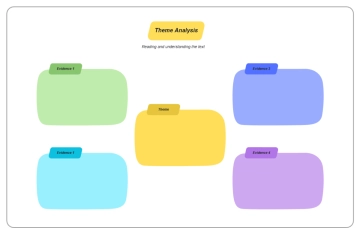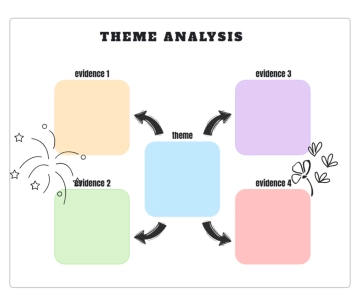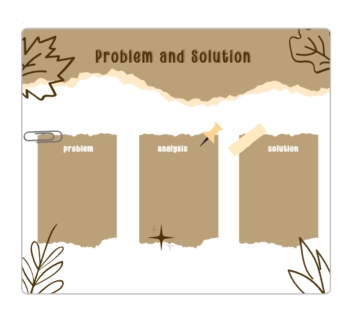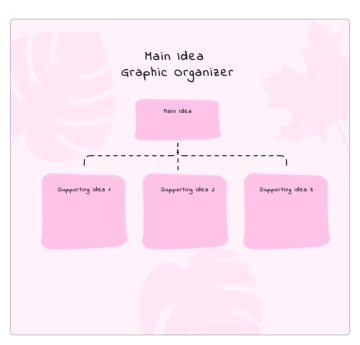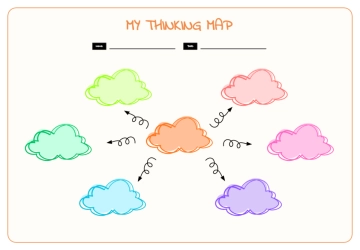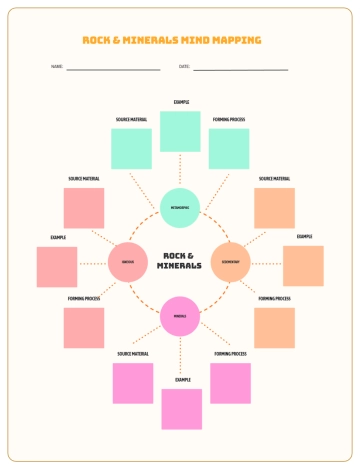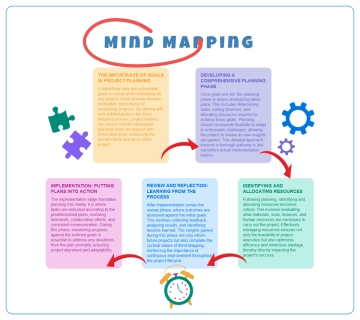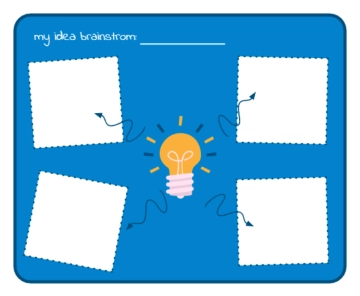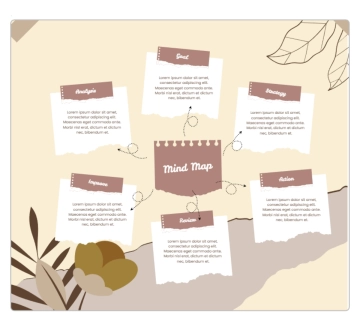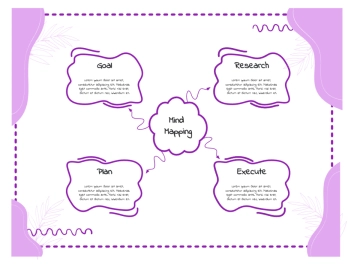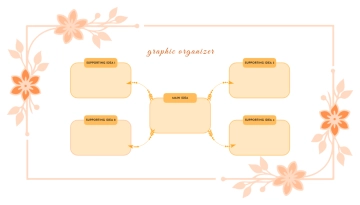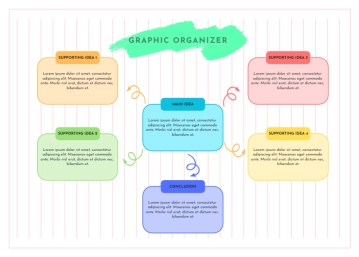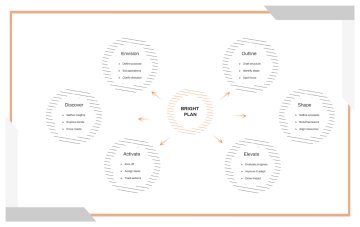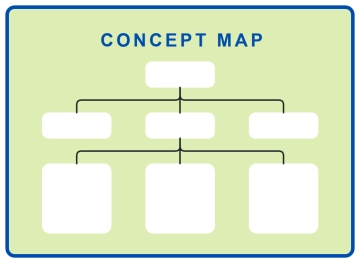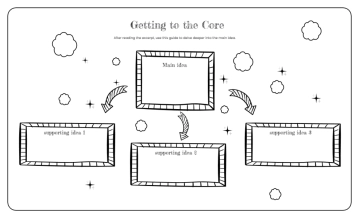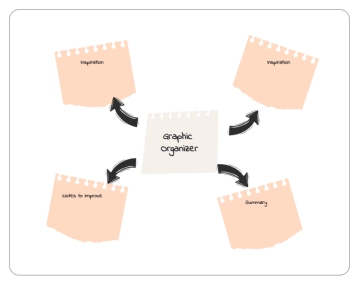Free Restaurant Strategy Plan
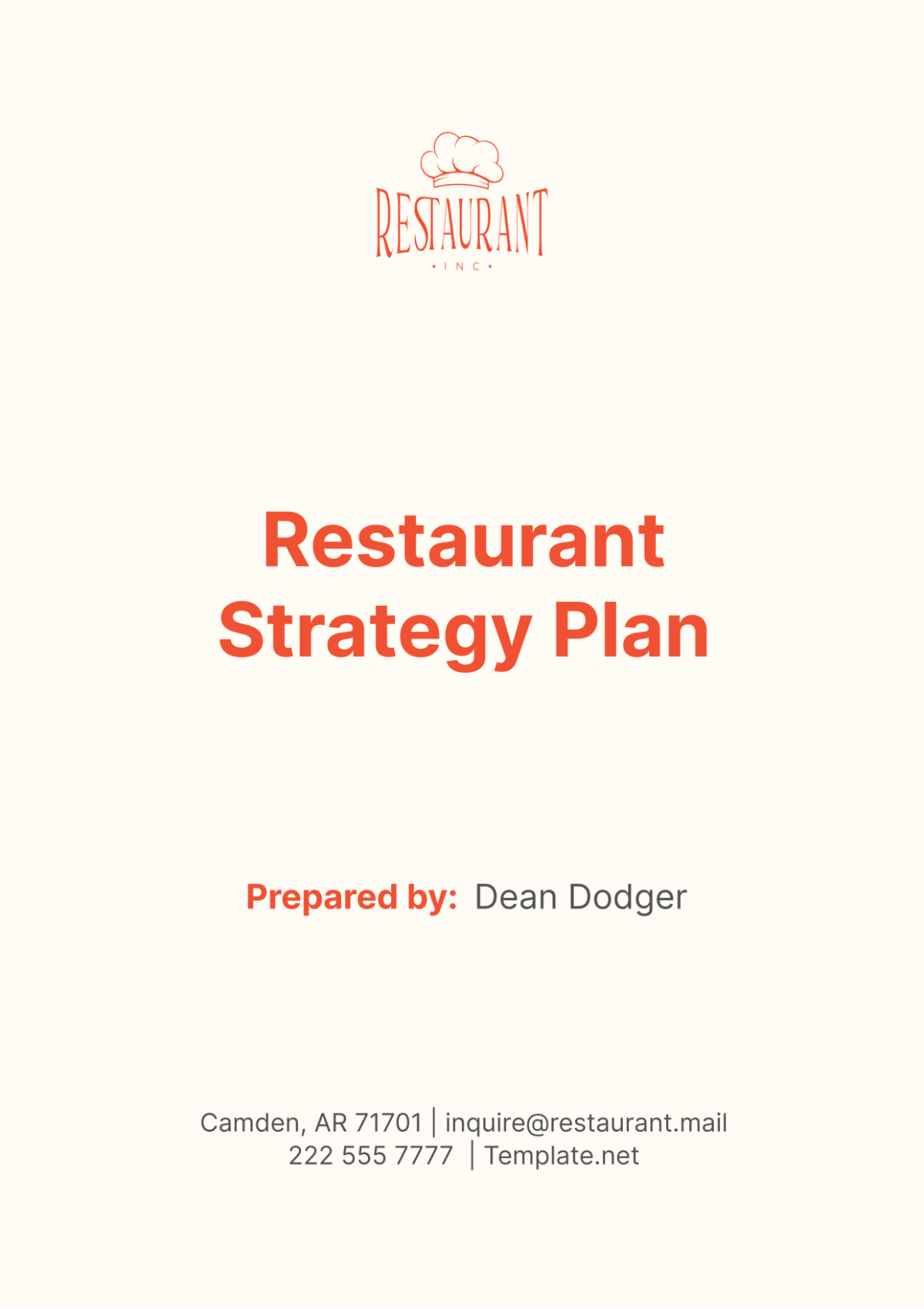
I. Executive Summary
A. Overview
[Your Company Name], a pioneering force in the culinary realm, is thrilled to unveil our latest endeavor, an upscale dining establishment nestled in the bustling heart of downtown [City], [State]. This comprehensive strategy plan delineates our path towards establishing [Your Company Name] as the epitome of culinary excellence and hospitality. We are committed to curating an unparalleled dining experience that delights the senses and leaves an indelible mark on our patrons.
B. Market Analysis
As we venture into the culinary landscape of [City], our market analysis reveals a discerning clientele eager for sophisticated dining experiences. With its diverse population and vibrant cultural scene, [City] presents a ripe opportunity for [Your Company Name] to showcase our culinary prowess and elevate the local dining scene.
C. Competitive Landscape
While [City] boasts a myriad of dining establishments, [Your Company Name] is poised to stand out by virtue of our unwavering commitment to excellence. Though competitors such as [Competitor 1], [Competitor 2], and [Competitor 3] set a high standard, we are confident that our dedication to innovation, service, and ambiance will set us apart in a competitive market.
D. Key Success Factors
The success of [Your Company Name] hinges on several key factors:
Culinary Innovation: Our team of esteemed chefs will craft a menu that celebrates the finest ingredients, innovative techniques, and global flavors.
Impeccable Service: Every interaction with our guests will be marked by warmth, attentiveness, and a genuine desire to exceed expectations.
Strategic Marketing: Through targeted campaigns, social media engagement, and strategic alliances, we will amplify our brand presence and attract discerning diners to [Your Company Name].
II. Business Overview
A. Vision and Mission
Vision: To redefine the culinary landscape of [City] by offering an extraordinary dining experience that tantalizes the palate, ignites the imagination, and fosters lasting memories.
Mission: To delight our guests with innovative cuisine, impeccable service, and an ambiance that evokes a sense of warmth, sophistication, and hospitality.
B. Objectives
Establish [Your Company Name] as a premier dining destination in [City] within the first year of operation.
Achieve a customer satisfaction rating of 90% or higher within the first six months.
Foster a loyal clientele through personalized experiences, loyalty programs, and community engagement initiatives.
Maintain a strong online presence and positive reputation through strategic marketing efforts and exemplary service.
Achieve profitability and sustainable growth while upholding our commitment to culinary excellence and guest satisfaction.
III. Market Analysis
A. Target Market
[Your Company Name] aims to cater to a diverse clientele seeking elevated dining experiences in the vibrant landscape of [City]. Our target market includes:
Affluent Residents: Individuals with above-average disposable income seeking refined culinary experiences for special occasions or leisure.
Business Professionals: Executives, entrepreneurs, and corporate clients seeking upscale dining venues for business meetings, networking events, and client entertainment.
Discerning Food Enthusiasts: Culinary aficionados, food bloggers, and influencers who appreciate innovative cuisine, artisanal ingredients, and unique dining concepts.
B. Industry Trends
The restaurant industry in [City] is witnessing several noteworthy trends that [Your Company Name] intends to capitalize on:
Culinary Innovation: Diners are increasingly seeking out restaurants that offer inventive dishes, fusion cuisines, and immersive dining experiences.
Sustainability: There is a growing emphasis on sustainability, with consumers showing a preference for restaurants that prioritize locally-sourced ingredients, eco-friendly practices, and waste reduction initiatives.
Technology Integration: The integration of technology, such as online reservations, digital menus, and contactless payments, is becoming increasingly prevalent, enhancing convenience and efficiency for both guests and staff.
Experiential Dining: Consumers are seeking more than just a meal – they desire memorable experiences, such as chef-led tastings, interactive cooking classes, and themed dining events.
C. SWOT Analysis
Conducting a SWOT analysis allows [Your Company Name] to assess its internal strengths and weaknesses, as well as external opportunities and threats:
Strengths | Weaknesses |
|---|---|
Experienced Culinary Team | High Initial Operating Costs |
Prime Downtown Location | Limited Brand Recognition |
Strong Brand Identity | Reliance on Seasonal Tourist Traffic |
Commitment to Culinary Excellence |
Opportunities | Threats |
|---|---|
Growing Demand for Upscale Dining Experiences | Intense Competition from Established Players |
Collaboration with Local Artisans and Farmers | Economic Downturns and Market Instability |
Expansion of Catering and Private Dining Services | Changing Consumer Preferences and Trends |
IV. Marketing Strategy
A. Brand Positioning
[Your Company Name] will position itself as a beacon of culinary excellence and hospitality, synonymous with innovation, quality, and sophistication. Our brand promise revolves around:
Culinary Innovation: Showcasing inventive dishes, seasonal menus, and curated tasting experiences that push the boundaries of traditional cuisine.
Impeccable Service: Providing personalized, attentive service that exceeds expectations and fosters lasting connections with our guests.
Ambiance: Creating an inviting, elegant atmosphere that sets the stage for memorable dining experiences.
B. Targeted Promotion
[Your Company Name] will implement a multi-faceted marketing strategy to reach our target audience and drive awareness and engagement:
Digital Marketing: Leveraging social media platforms, email marketing, and targeted online advertisements to reach potential diners and promote special offers and events.
Collaborations and Partnerships: Partnering with local influencers, businesses, and organizations to expand our reach and attract new customers.
Public Relations: Engaging with local media outlets, bloggers, and food critics to generate buzz and positive press coverage for [Your Company Name].
Community Engagement: Participating in local events, charity initiatives, and culinary festivals to connect with the community and showcase our brand values.
C. Customer Experience
[Your Company Name] will prioritize delivering exceptional customer experiences that leave a lasting impression and drive repeat business:
Personalized Service: Training our staff to anticipate guest needs, provide recommendations, and create memorable moments that exceed expectations.
Seamless Dining Experience: Implementing a user-friendly reservation system, efficient order management, and attentive table service to streamline the dining journey.
Feedback Mechanisms: Soliciting feedback from guests through comment cards, online surveys, and social media channels to continuously improve our offerings and service delivery.
V. Operations Plan
A. Menu Development
[Your Company Name] is committed to offering a menu that celebrates culinary creativity, seasonal ingredients, and global flavors. Our culinary team, led by Executive Chef [Chef's Name], will craft a diverse selection of dishes that showcase the best of modern gastronomy while honoring classic techniques. The menu will feature:
Category | Sample Menu Items |
|---|---|
Starters | Seared Scallops with Citrus Beurre Blanc, Arugula Salad |
Heirloom Tomato Tartare with Balsamic Reduction, Microgreens | |
Main Courses | Grilled Filet Mignon with Truffle Demi-Glace, Roasted Potatoes |
Pan-Seared Halibut with Lemon Caper Sauce, Wild Rice Pilaf | |
Vegetarian/Vegan | Butternut Squash Risotto with Sage Brown Butter |
Spaghetti Aglio e Olio with Roasted Cherry Tomatoes, Basil | |
Desserts | Dark Chocolate Fondant with Raspberry Coulis, Vanilla Ice Cream |
Lemon Lavender Panna Cotta with Mixed Berry Compote |
B. Staffing and Training
[Your Company Name] recognizes that our team members are integral to delivering exceptional dining experiences. We will invest in recruiting and training individuals who share our passion for hospitality and culinary excellence. Our staffing plan includes:
Front-of-House: Experienced servers, hosts/hostesses, and bartenders who exude professionalism, warmth, and attentiveness.
Back-of-House: A skilled kitchen team comprising sous chefs, line cooks, and prep cooks who are adept at executing our menu with precision and consistency.
Training Programs: Comprehensive training programs will be implemented to ensure that all staff members are equipped with the knowledge and skills to deliver exceptional service, including menu knowledge, wine pairings, and guest interaction techniques.
C. Supplier Relationships
[Your Company Name] is committed to sourcing the finest ingredients from trusted suppliers who share our commitment to quality and sustainability. We will prioritize partnerships with local farmers, artisans, and purveyors to procure fresh, seasonal produce, ethically-raised meats, and artisanal products. Our supplier relationships will be built on transparency, reliability, and mutual respect, allowing us to maintain the integrity and authenticity of our culinary offerings while supporting local businesses and communities.
VI. Financial Plan
A. Startup Costs
[Your Company Name] has meticulously calculated the startup costs required to launch and establish our upscale dining establishment. These costs include:
Lease Expenses: Rental fees for our prime downtown location, including security deposits and initial rent payments.
Equipment Purchases: Investment in commercial kitchen equipment, furniture, fixtures, and POS systems.
Licensing and Permits: Fees associated with obtaining health permits, liquor licenses, business registrations, and other legal requirements.
Marketing Expenses: Initial marketing and branding expenses, including website development, menu design, signage, and promotional materials.
B. Revenue Projections
[Your Company Name] has projected revenue based on thorough market research, industry benchmarks, and anticipated sales volumes. Our revenue projections are as follows:
Year 1: Projected revenue of [$10,000,000], with growth expected throughout the year as we establish our presence and attract a loyal customer base.
Year 2 and Beyond: Steady revenue growth, driven by repeat business, positive word-of-mouth, and strategic marketing initiatives.
C. Budget Allocation
[Your Company Name] has developed a detailed budget that allocates funds towards various operational expenses, ensuring financial sustainability and profitability. Our budget allocation includes:
Payroll: Salaries, wages, and benefits for our staff members, including front-of-house and back-of-house personnel.
Operating Expenses: Rent, utilities, insurance, maintenance, and other overhead costs associated with running a restaurant.
Marketing and Advertising: Budget for ongoing marketing campaigns, promotions, social media management, and public relations efforts.
Contingency Fund: Reserves set aside for unexpected expenses, emergencies, or economic downturns, ensuring financial stability and resilience.
VII. Implementation Timeline
A. Pre-Opening Phase
[Your Company Name] recognizes the importance of meticulous planning and preparation in the pre-opening phase to ensure a successful launch. Key tasks during this phase include:
Task | Timeline | Responsible Party |
|---|---|---|
Secure Permits and Licenses | Month 1 | Management Team |
Lease Negotiation and Renovations | Months 1-3 | Operations Manager |
Recruitment and Staffing | Months 2-4 | HR Manager |
Menu Development and Testing | Months 3-5 | Executive Chef |
Marketing and Branding Initiatives | Months 4-6 | Marketing Team |
B. Launch Phase
The launch phase marks the culmination of months of hard work and preparation. [Your Company Name] will orchestrate a series of events and initiatives to generate excitement and attract guests to our establishment:
Initiative | Timeline | Responsible Party |
|---|---|---|
Soft Opening for Friends and Family | Week of Month 6 | Management Team |
Grand Opening Event | End of Month 6 | Marketing Team |
Media and Influencer Invitations | Month 6 | PR Coordinator |
Special Promotions and Offers | Month 6 onwards | Sales Manager |
C. Post-Opening Phase
After the grand opening, [Your Company Name] will focus on maintaining momentum, gathering feedback, and fine-tuning operations to ensure long-term success:
Initiative | Timeline | Responsible Party |
|---|---|---|
Customer Feedback Collection | Ongoing | Management Team |
Operational Reviews and Adjustments | Monthly | Operations Manager |
Marketing Campaigns and Promotions | Ongoing | Marketing Team |
Staff Training and Development | Continuous | HR Manager |
VIII. Evaluation and Monitoring
A. Performance Metrics
[Your Company Name] will monitor key performance indicators to assess the success of our operations and identify areas for improvement. Some of the metrics we will track include:
Metric | Measurement Method | Frequency |
|---|---|---|
Customer Satisfaction Score | Surveys, Reviews | Monthly |
Table Turnover Rate | POS System | Weekly |
Revenue per Guest | Sales Reports | Monthly |
Food and Beverage Costs | Inventory Management | Bi-weekly |
B. Continuous Improvement
[Your Company Name] is committed to continuous improvement and innovation to stay ahead of the curve and meet evolving customer preferences. We will implement the following initiatives:
Initiative | Timeline | Responsible Party |
|---|---|---|
Menu Refreshes and Seasonal Offerings | Quarterly | Executive Chef |
Staff Training and Development Programs | Ongoing | HR Manager |
Guest Feedback Implementation | Ongoing | Management Team |
Industry Research and Trend Analysis | Bi-annually | Marketing Team |
- 100% Customizable, free editor
- Access 1 Million+ Templates, photo’s & graphics
- Download or share as a template
- Click and replace photos, graphics, text, backgrounds
- Resize, crop, AI write & more
- Access advanced editor
Drive business growth with Template.net's Restaurant Strategy Plan Template. This customizable document offers a detailed framework for formulating strategic initiatives, setting objectives, and defining action plans for your restaurant. Covering key areas such as marketing, operations, and financial planning. Editable in our Ai Editor Tool for seamless customization to reflect your restaurant's strategic priorities and goals.
You may also like
- Finance Plan
- Construction Plan
- Sales Plan
- Development Plan
- Career Plan
- Budget Plan
- HR Plan
- Education Plan
- Transition Plan
- Work Plan
- Training Plan
- Communication Plan
- Operation Plan
- Health And Safety Plan
- Strategy Plan
- Professional Development Plan
- Advertising Plan
- Risk Management Plan
- Restaurant Plan
- School Plan
- Nursing Home Patient Care Plan
- Nursing Care Plan
- Plan Event
- Startup Plan
- Social Media Plan
- Staffing Plan
- Annual Plan
- Content Plan
- Payment Plan
- Implementation Plan
- Hotel Plan
- Workout Plan
- Accounting Plan
- Campaign Plan
- Essay Plan
- 30 60 90 Day Plan
- Research Plan
- Recruitment Plan
- 90 Day Plan
- Quarterly Plan
- Emergency Plan
- 5 Year Plan
- Gym Plan
- Personal Plan
- IT and Software Plan
- Treatment Plan
- Real Estate Plan
- Law Firm Plan
- Healthcare Plan
- Improvement Plan
- Media Plan
- 5 Year Business Plan
- Learning Plan
- Marketing Campaign Plan
- Travel Agency Plan
- Cleaning Services Plan
- Interior Design Plan
- Performance Plan
- PR Plan
- Birth Plan
- Life Plan
- SEO Plan
- Disaster Recovery Plan
- Continuity Plan
- Launch Plan
- Legal Plan
- Behavior Plan
- Performance Improvement Plan
- Salon Plan
- Security Plan
- Security Management Plan
- Employee Development Plan
- Quality Plan
- Service Improvement Plan
- Growth Plan
- Incident Response Plan
- Basketball Plan
- Emergency Action Plan
- Product Launch Plan
- Spa Plan
- Employee Training Plan
- Data Analysis Plan
- Employee Action Plan
- Territory Plan
- Audit Plan
- Classroom Plan
- Activity Plan
- Parenting Plan
- Care Plan
- Project Execution Plan
- Exercise Plan
- Internship Plan
- Software Development Plan
- Continuous Improvement Plan
- Leave Plan
- 90 Day Sales Plan
- Advertising Agency Plan
- Employee Transition Plan
- Smart Action Plan
- Workplace Safety Plan
- Behavior Change Plan
- Contingency Plan
- Continuity of Operations Plan
- Health Plan
- Quality Control Plan
- Self Plan
- Sports Development Plan
- Change Management Plan
- Ecommerce Plan
- Personal Financial Plan
- Process Improvement Plan
- 30-60-90 Day Sales Plan
- Crisis Management Plan
- Engagement Plan
- Execution Plan
- Pandemic Plan
- Quality Assurance Plan
- Service Continuity Plan
- Agile Project Plan
- Fundraising Plan
- Job Transition Plan
- Asset Maintenance Plan
- Maintenance Plan
- Software Test Plan
- Staff Training and Development Plan
- 3 Year Plan
- Brand Activation Plan
- Release Plan
- Resource Plan
- Risk Mitigation Plan
- Teacher Plan
- 30 60 90 Day Plan for New Manager
- Food Safety Plan
- Food Truck Plan
- Hiring Plan
- Quality Management Plan
- Wellness Plan
- Behavior Intervention Plan
- Bonus Plan
- Investment Plan
- Maternity Leave Plan
- Pandemic Response Plan
- Succession Planning
- Coaching Plan
- Configuration Management Plan
- Remote Work Plan
- Self Care Plan
- Teaching Plan
- 100-Day Plan
- HACCP Plan
- Student Plan
- Sustainability Plan
- 30 60 90 Day Plan for Interview
- Access Plan
- Site Specific Safety Plan
